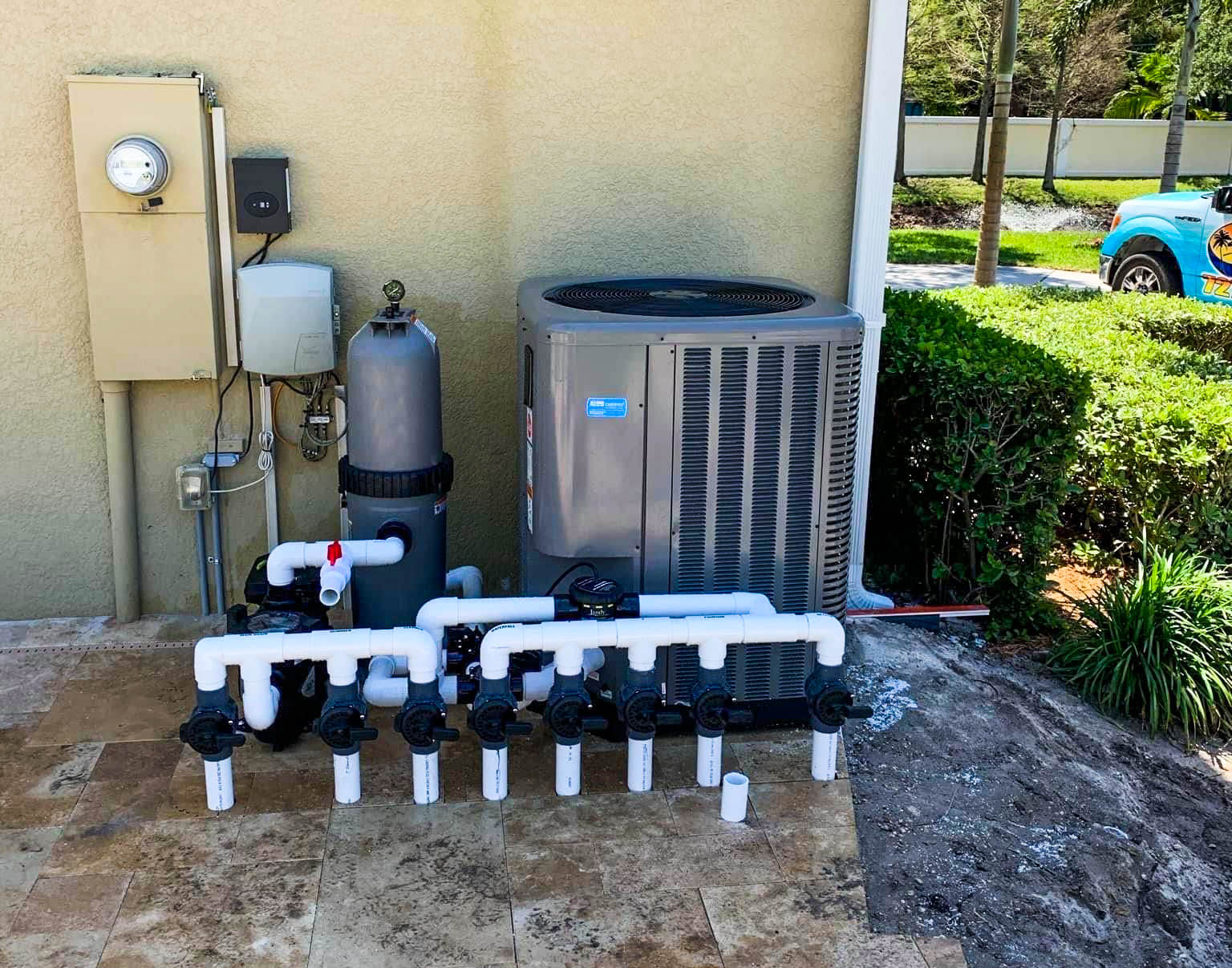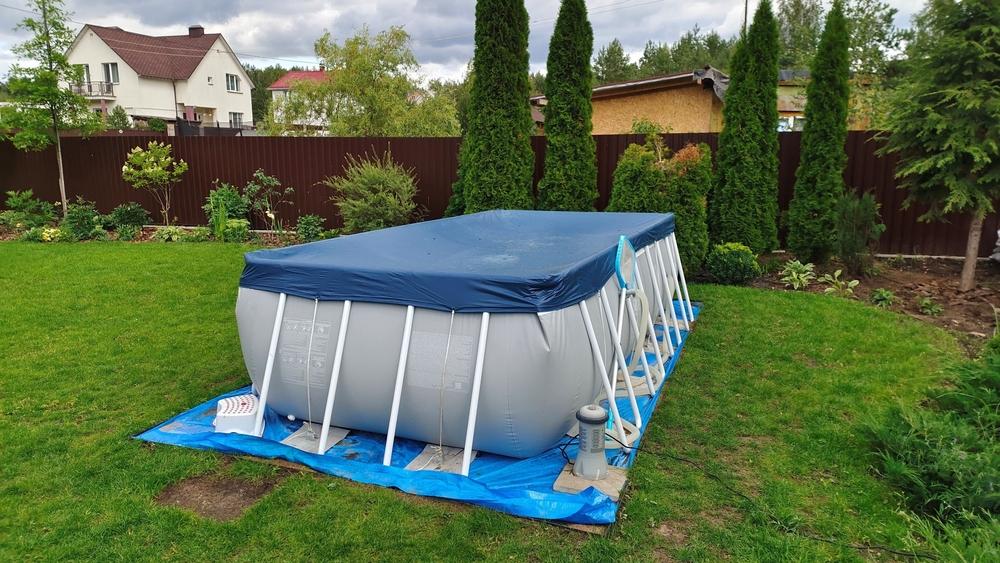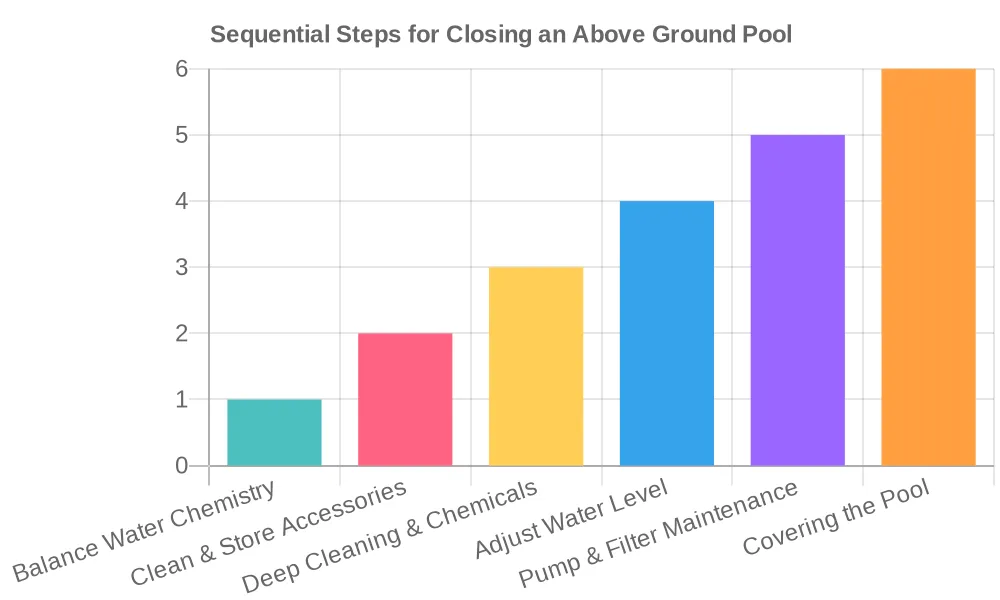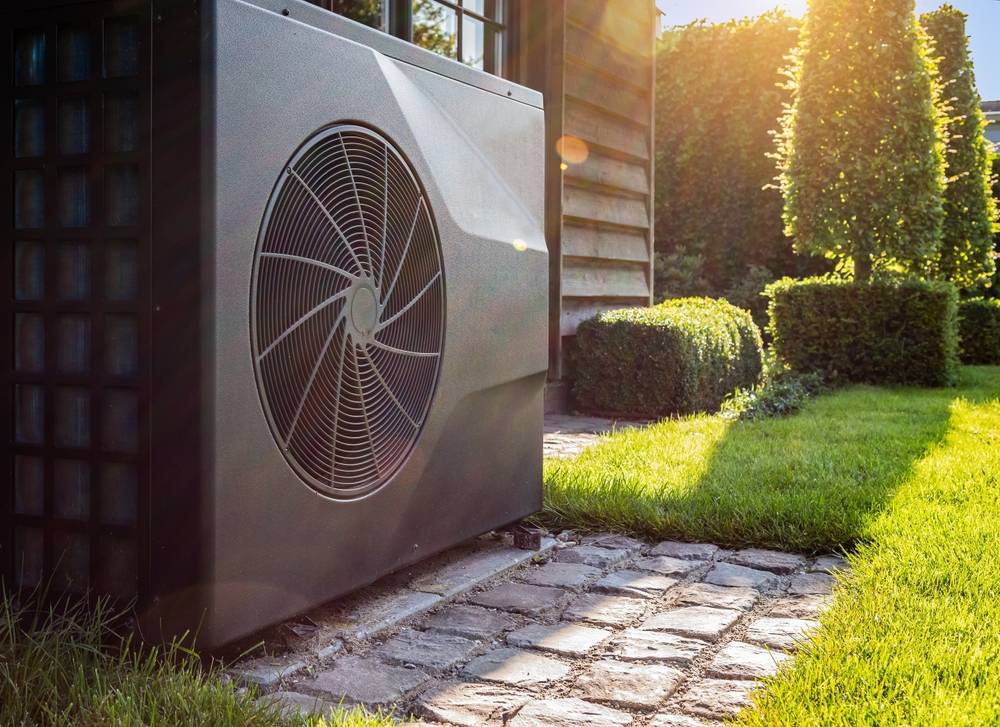
An Approach to Successfully Closing Your Above Ground Pool

Closing your above ground pool as the season turns is not just a routine task—it’s a crucial step in safeguarding your investment. When temperatures drop, unprotected pools can suffer from damage due to freezing water and debris accumulation. Our guide ensures that you approach this task with confidence, preserving the pristine condition of your pool during the off-season.
We also have a guide explaining the difference between closing and winterizing inground pools. Check it out here!!

Latest


How Will Artificial Intelligence Help Pool Companies in 2024

What Factors Determine Pool Heater Costs In 2024
Categories
Step 1: Balancing Act – Water Chemistry and Accessory Care
Fine-Tuning Your Pool’s Water – Before anything else, it’s vital to get the water chemistry right. Adjusting the pH, alkalinity, and chlorine levels is not just about maintaining clear water—it’s about protecting the pool’s liner from damage and preventing algae from taking hold.
Accessory Roundup – Pool ladders, slides, toys, and other accessories should be cleaned and stowed away. This not only extends their lifespan but also keeps the pool area uncluttered and safe.
Step 2: The Deep Clean – Vacuuming and Adding Chemicals
Scrub and Vacuum – A thorough clean-up of your pool is essential. This includes brushing down the walls and vacuuming the floor to remove any lurking debris and algae.
Winterizing Chemical Magic – Post-cleaning, it’s time to add winterizing chemicals. These are specifically formulated to maintain water quality and prevent freezing damage during the colder months.
Step 3: Water Level Wizardry
Optimal Water Levels for Winter – Adjusting the water level is a critical step. It should be lowered to just below the skimmer to prevent freezing damage. For those preferring not to lower the water level, skimmer guards or custom-designed stoppers can be used to protect the skimmer from ice damage.
Step 4: Pump and Filter Prep
Securing the Pump and Motor – The heart of your pool, the pump and motor, needs attention too. Draining and disconnecting them prevents freezing and cracking during winter.
Filter Focus – Taking apart and cleaning the filters is a task not to be missed. This is an excellent opportunity to inspect, clean, or replace filters to ensure smooth operation next season.
Step 5: The Final Touch – Pool Covering
Ensuring a Snug Fit – The final step in the process involves closing your above ground pool with a sturdy, weather-resistant cover. This shields your pool from debris and the elements, ensuring it remains clean and protected.
Handy FAQs for Pool Owners
What makes water balancing essential in pool closing?
- Proper water balance protects against corrosion and algae, keeping your pool healthy during the winter.
Should all pool accessories be stored indoors?
- Yes, storing accessories in a dry, indoor space prevents weather-related damage.
What kind of chemicals are in a winterizing kit?
- These kits usually contain algaecides, chlorine stabilizers, and other elements to maintain water quality.
Why lower the water level for winter?
- Lowering the water level prevents ice damage to the pool walls and skimmer.
Is annual filter replacement necessary?
- Regular inspection and cleaning are essential, with replacement as needed based on their condition.
Conclusion
Closing an above ground pool may seem daunting, but with our step-by-step guide, it becomes a manageable and rewarding task. By following these procedures, you not only protect your pool but also set yourself up for a hassle-free opening when the warm weather returns. Happy closing!
Latest

DIY Pool Pump Cover Ideas for 2024

How Will Artificial Intelligence Help Pool Companies in 2024

What Factors Determine Pool Heater Costs In 2024
Categories
YOU'RE NOT IN THIS ALONE
We are with you every splash of the way
Need a pool fix or looking for an upgrade? We’re just one click away to help with all your pool needs.

